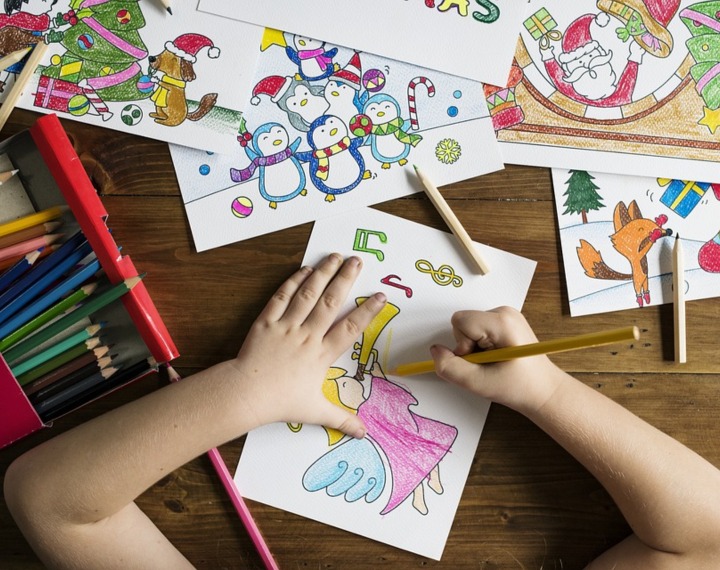The Mental Health Impact of Doodling
 As October will be hosting World Mental Health Day, we wanted to put together a piece ready for next month that discusses mental health with a difference. Doodling is something that everyone is guilty of - bored and the chances are a pen and piece of paper is grabbed and doodling begins.
As October will be hosting World Mental Health Day, we wanted to put together a piece ready for next month that discusses mental health with a difference. Doodling is something that everyone is guilty of - bored and the chances are a pen and piece of paper is grabbed and doodling begins.
Studies have shown that doodling can actually benefit mental health, this is because when we doodle we express ourselves in our work, which can help to express anxiety and other negative feelings.
Let’s look deeper at the benefits of doodling
Studies have shown that doodling can relieve psychological stress, which can cause foul moods or impairs your ability to focus on the task at hand.
Delving deeper into this, studies have shown that unplanned, random sketches can also provide a window into our subconscious, similar to how art therapy works to enter this area of our minds.
Some experts would even go as far as saying that doodling can diagnose a patient’s emotional issues, such as in cases of dementia. Dr. Robert Burns, from the Institute of Human Development at the University of Seattle, is one of these experts.
While it’s easy to presume that a doodle is like an incoherent ramble, it may actually act as a therapeutic tool. According to Burns, ‘even at their simplest, the idle jottings we repeat in the margins of our notebooks can evoke childhood memories and associations that provide clues even to our obsessions.’
What does this mean for people with dementia?
Anyone caring for an adult living with dementia will know that in many ways people with dementia regress back to their youth. Their behaviour changes, they become less able to understand and process certain things, and in many ways they become child-like.
This is illustrated perfectly in drawings and doodles - if you take the time to give someone with dementia a piece of paper and some pencils, you will notice that their doodles have a youthful quality to them.
Various studies have demonstrated that art therapy including doodling can be highly beneficial to people living with dementia. While dementia has a different effect on each person, one thing that every person with dementia has in common is the fact that over time their memory function worsens. Not only that but simple tasks and the ability to hold conversations can become almost impossible as the disease progresses. However, art and doodling can be a powerful tool for people with dementia.
What research has shown is that although people dementia struggle to recall simple words and phrases, often they can create detailed drawings from memory alone. This indicates that this form of art can be a fantastic way to help people living with dementia, as it can offer them a simple way to share their thoughts and feelings and express themselves through their doodles, which can aid their mental health. It’s important to remember that just because someone has dementia that doesn’t mean that their mental health becomes irrelevant if anything with their communication issues it becomes more important than ever.
Doodling has been proven to be a fantastic way to aid mental health in people of all ages, including people living with dementia, and also people living with disabilities.




